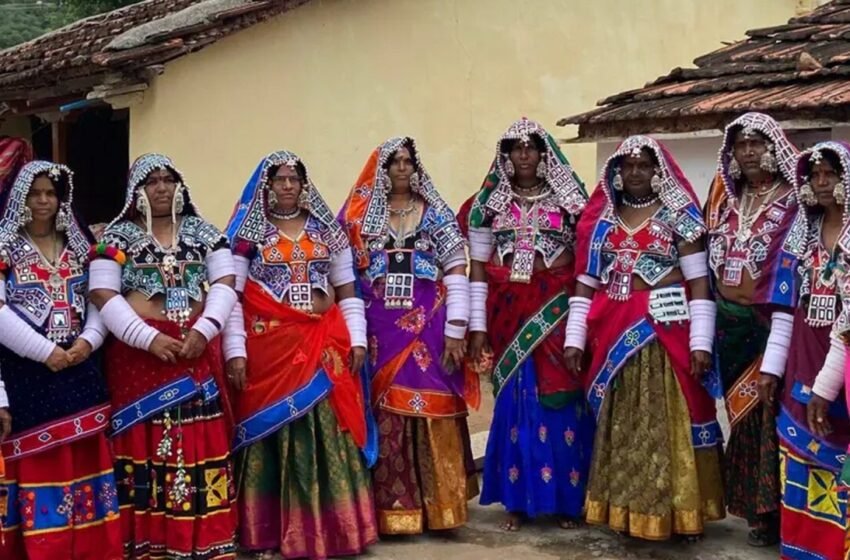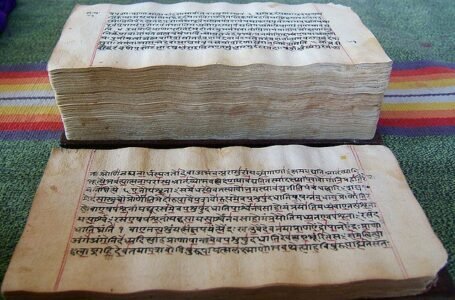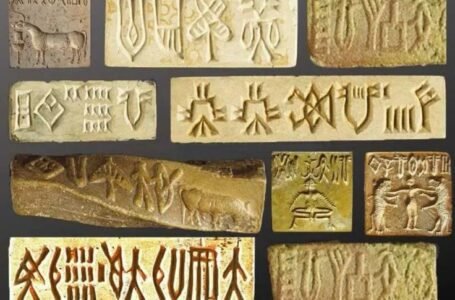Banjara Stories of the Wandering Spirits: A Glimpse into Rajasthan’s Nomadic Heritage

Often described as the lucky pilgrims of Rajasthan, and with a heritage as rich and mystical as the golden sands they destination Known for their vibrant clothes, mystical rituals and nomadic lifestyle, the Banjars are a force for good resilience and cultural richness. Their story is one of ritual, mystery, and survival—the guardians of an ancient way of life intimately connected to the sweetness of nature and spirituality.
The Origins of the Banjara Tribe
Immigrants in the desert
The Banjarajas trace their origins to ancient India, where they are recognized as insignificant carriers and traders, connecting distant places and cultures. Their names, derived from banj (forest) and jara (movement), reflect their ever-wandering spirit. They roamed the rugged terrain of Rajasthan, adapting to the dense grasslands, finding ways to survive and thrive in the face of adversity
The cycle of life
For Banjaras, nomadism is more than just a way of life; It’s a very penetrating philosophy. Their movements are determined by changing seasons, water availability and grazing areas. This cyclical existence fosters a deeper connection with nature, a connection that is reflected in their myths, rituals and daily life. The harmonious relationship with the land they roam is a testament to their faith in the natural world, an ethos that echoes in every one of their traditions
Stories of Wandering Spirits
Stories of lost souls
The arid landscapes of Rajasthan are full of wandering tales, and barren landscapes are often at the heart of these stories. These secluded and supposed protective spirits shadow the tribe, and under a starlit sky believed to give instructions or early warning of impending danger, a child around a fire shares the tale of Chalav, the spirit of the desert who is as much of a game as it is protective. Full of humor and caution, these stories blend myth with the reality of desert life.
The curse of forgotten fathers
In barrenness, it is believed that the spirits of the ancestors roam free until they are honored through rituals. Seeking resolution or acceptance, these spirits are appeased through elaborate ceremonies with rhythmic dances, offerings and prayers. The tradition emphasizes the commitment of the Banjar people to preserve their race and pay tribute to the spiritual realm, emphasizing the connection between their heritage and their beliefs.
The Mystique of Banjara Rituals
The dancing souls
Banjara dance is more than performances—it is spiritual practice. Dancers in shining hats adorned with crystals and shells move about to call on their ancestors. Accompanied by soulful folk music, the dances tell stories of love, loss, strength and survival. These performances are sacred occasions when the physical and spiritual worlds meet, reaffirming the tribe’s cultural identity.
Mystical healing rituals
The Banjaras are known for their unique healing practices which include mixing herbs with trance-like conditions. Spiritual healers or shamans act as intermediaries between the physical and spiritual realms, playing an important role. It is believed to ward off evil, cure diseases and restore harmony in the community through prayers, songs and rituals. These practices reflect the Banjara’s reliance on natural and spiritual resources to solve life’s challenges.
Nomadic Lifestyle: A Blend of Simplicity and Resilience
The warmth of the ill-fitting coat
The colorful costumes of the Banjaras are an extension of their identity and spirituality. Women wear elaborate dresses and blouses, adorned with silver jewelery and embroidered beads, while men wear embroidered gloves and belts These garments do not offer protection from the harsh desert sun den but includes stories with intricate patterns and symbols, preserving their heritage in knots and weaves
The songs of the living
Music is the lifeblood of Banjara culture. Their folk songs, accompanied by drums and traditional instruments, are a poignant story of their struggles, desires and connection to the land. These passions preserve oral tradition, giving Banjaras a glimpse into the emotional and spiritual world. Each song is a story, a memory, and a bridge between past and present.
The Challenges of Modernity
The struggles of adaptive change
As modernity encroaches on the traditional way of life, Banjarajas face many challenges in preserving their cultural identity. Urbanization and decadent pastures have forced many to abandon their immigrant lifestyles. Attracted by modern educational and career opportunities, younger generations tend to move away from ancestral traditions, slowly eroding their heritage
Efforts to preserve heritage
Despite these challenges, efforts are being made to document and preserve Banjara culture. NGOs work together with cultural organizations to record their stories, promote their crafts and present their traditional activities on the global stage. These initiatives aim to strike a balance between development and conservation, ensuring that the rich heritage of the Banjaras survives in a rapidly changing world.
The Spirit of Resilience
The Banjaras’ journey through Rajasthan’s unforgiving deserts is a testament to human resilience and creativity. Their stories, steeped in the mystique of wandering spirits, ancestral rituals, and vibrant traditions, inspire awe and admiration. As custodians of a unique cultural heritage, the Banjaras remind us of the beauty of living in harmony with nature and embracing life’s challenges with grace.
Celebrating Their Legacy
In celebrating barren mythology, we ensure that their spirit of constant wandering and relentless stability rides on their vibrant costumes, haunting music, and spiritual rituals above cultural artifacts ; They are living proof of a philosophy of precious connection—with the land, the past, and the spiritual world.
As we honor their words, we learn to appreciate the richness of a life rooted in tradition and guided by the ever-changing rhythms of nature. It’s not just immigrants; They are poets of the wilderness, weaving tales of survival and beauty in the harshest of landscapes.
Their legacy, like the grains of sand in the desert, shifts and changes but endures—a reminder of the enduring power of human creativity and spirit. By preserving their heritage, we ensure that the wandering spirits of Banjara continue their responsibility of inspiring future generations.


